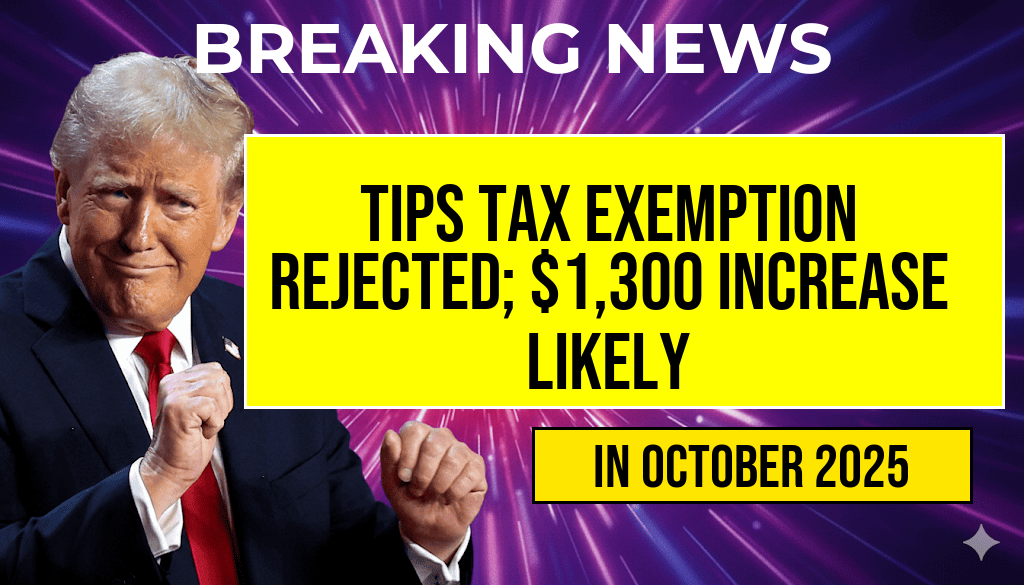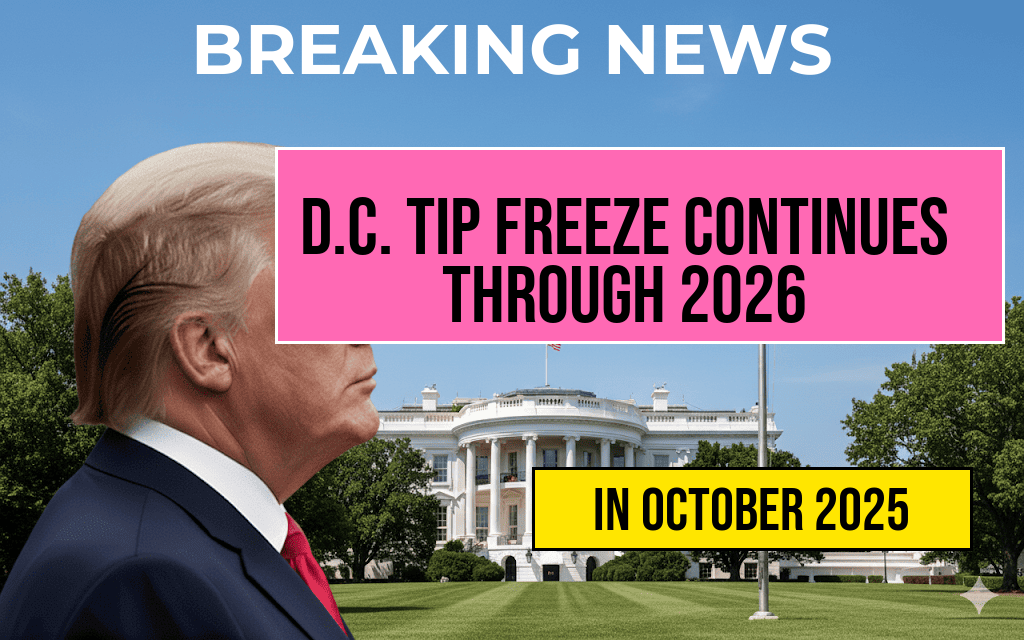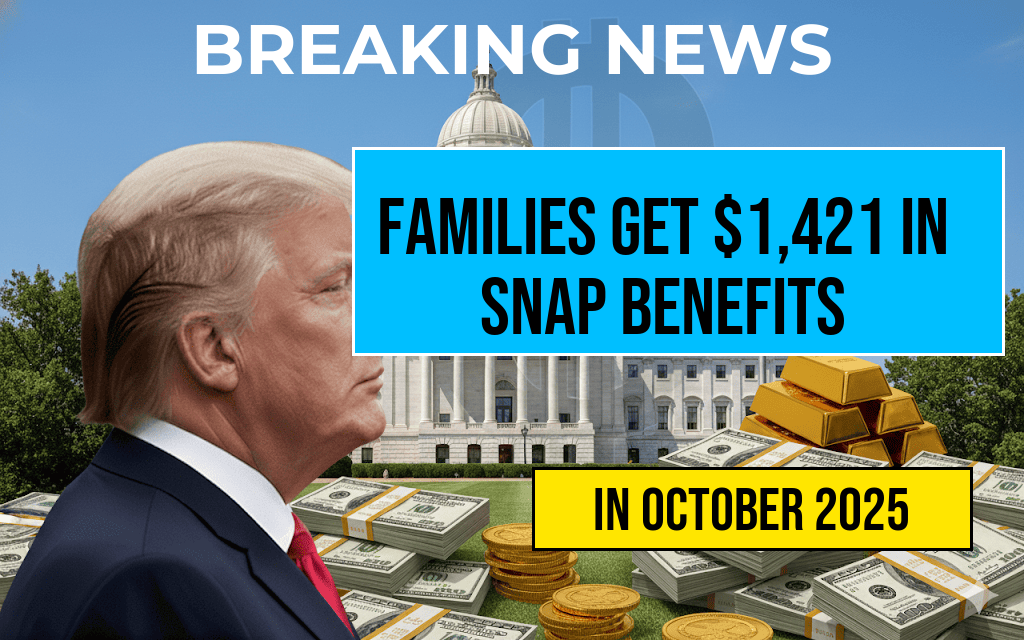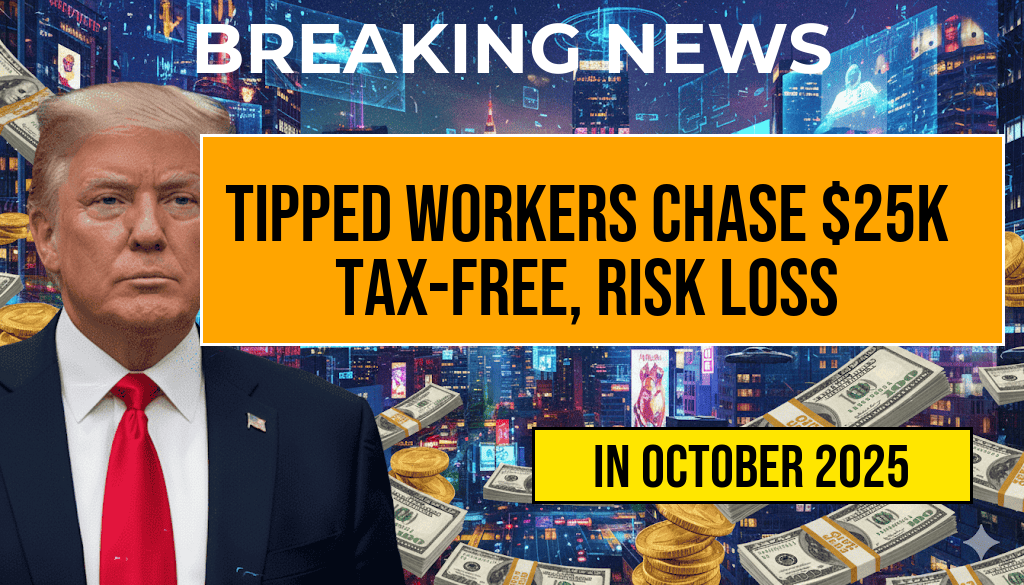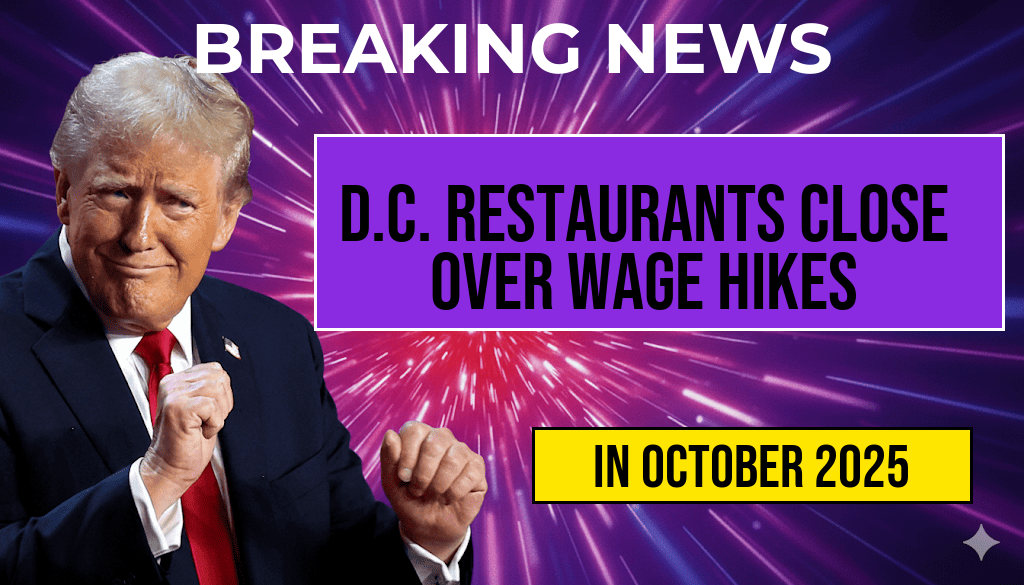D.C. Tip Freeze Through July 2026 Keeps Thousands at $10, Offering No Base Raise This Year
The District of Columbia has announced that the current tip minimum wage for thousands of hospitality workers will remain frozen at $10 per hour through July 2026, with no scheduled base wage increase in 2024. This decision keeps the tipping threshold steady for nearly three more years, sparking concerns among workers and advocates who argue that stagnant wages diminish earning potential in a rising-cost environment. Officials cite economic stability and budget considerations as reasons for maintaining the freeze, while critics question the long-term impact on low-wage workers in the city’s vibrant service industry.
Background on Tip Minimum Wage and Wage Policies
The District of Columbia has a history of adjusting wages to reflect economic conditions and labor market needs. Traditionally, the tip minimum wage differs from the standard minimum wage, allowing employers to credit tips toward meeting wage requirements. As of 2023, the standard minimum wage in D.C. is $16.10 per hour, with the tip credit bringing the effective wage for tipped workers down to $10.50. However, recent policy changes have kept the tipped wage unchanged since July 2023, and the new freeze extends this status quo until mid-2026.
Details of the Tip Wage Freeze
| Effective Period | Until July 1, 2026 |
|---|---|
| Current Tip Minimum Wage | $10.00 per hour |
| Annual Wage Adjustment | None in 2024 and 2025 |
| Reason Cited by Officials | Economic stability, budget considerations, and industry input |
Implications for Workers and Industry
For thousands of tipped employees, particularly in restaurants, bars, and hospitality venues, the wage freeze means their minimum earnings per hour will remain unchanged for nearly three years. While tips are expected to supplement wages, the absence of an increase may hinder workers’ ability to meet rising living costs, including housing, transportation, and healthcare expenses. Labor advocates warn that prolonged stagnation can lead to economic hardship for low-income workers, especially as inflation persists.
Industry representatives, however, argue that maintaining the tip wage provides predictability for business operations and helps sustain employment levels. “A stable wage environment supports small businesses and ensures jobs remain available,” said a spokesperson for the D.C. Chamber of Commerce. Nonetheless, critics contend that the policy disproportionately impacts marginalized workers who rely heavily on tips as a significant part of their income.
Community and Political Reactions
The decision has drawn mixed reactions from city officials and advocacy groups. Mayor Muriel Bowser’s administration defends the freeze, emphasizing fiscal responsibility amid broader economic uncertainties. “We are committed to balancing economic growth with supporting our workers,” a spokesperson stated. Conversely, groups like the D.C. Employment Justice Coalition have called for reconsideration, urging the city to incrementally increase the tipped wage to better reflect living costs.
Legal and Policy Context
The wage policies in D.C. are governed by the District’s Wage and Hour Laws, which are periodically reviewed by the City Council. Recent legislative proposals aimed at gradually raising the tipped minimum wage have stalled, partly due to economic concerns amid ongoing inflation pressures. The current freeze aligns with broader national debates on wage equity and labor rights, with some states and cities adopting more aggressive increases to combat wage stagnation.
Looking Ahead: Potential Changes and Industry Outlook
As the freeze extends into 2026, industry leaders and workers alike await any signs of future policy shifts. The city’s economic recovery and inflation trends will likely influence whether the targeted minimum wage sees adjustments before 2026. Meanwhile, advocates continue to push for reforms that would allow tipped workers to earn a livable wage without relying heavily on unpredictable tips.
For now, the wage freeze underscores ongoing tensions between economic prudence and workers’ rights. As D.C. navigates its economic priorities, the fate of its tipped workforce remains a focal point in discussions about fair pay and sustainable employment practices in the nation’s capital.
Frequently Asked Questions
When does the D.C. tip freeze period end?
The D.C. tip freeze is set to continue through July 2026, maintaining the current $10 minimum tip rate for thousands of workers.
Will there be a base wage increase this year during the tip freeze?
No, there will be no base wage increase this year as part of the tip freeze policy implemented through July 2026.
Why was the tip freeze implemented in D.C.?
The tip freeze was introduced to stabilize wages for thousands of workers and address economic concerns related to wage adjustments and inflation.
How does the tip freeze affect workers’ earnings?
The tip freeze ensures that workers receive a consistent $10 tip minimum, but it means they will not see an increase in tips or wages this year.
Are there any plans to revisit the tip policy after July 2026?
Future policy reviews are possible, but currently, the tip freeze remains in place until July 2026, with no specific plans announced for changes afterward.

